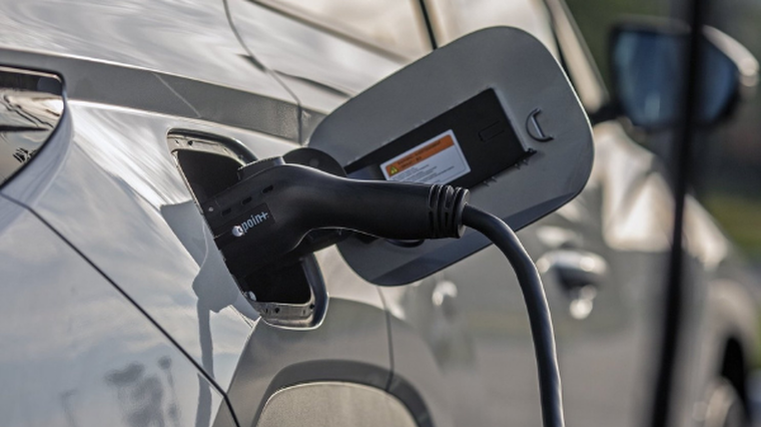CCD chop on horizon

The clean car discount (CCD) looks certain to be gone by the end of the year with the National Party set to lead a coalition government after its success in the general election at the weekend.
Simeon Brown, National’s transport spokesman, announced in September that if his party got into power it would scrap the feebate scheme by December 31.
The CCD provides buyers of eligible zero or low-emissions light vehicles with rebates when those cars are first registered in New Zealand, while those purchasing models categorised as high-emitters are hit with fees.
National has labelled the scheme a “ute tax”, saying it unfairly punishes a number of New Zealanders, especially farmers and tradies, who require light commercial models for their work.
“It’s clear that Labour’s ute tax and clean car discount is a reverse-Robin Hood scheme, taxing hardworking Kiwis for the vehicles they need to subsidise other people to buy new cars,” Brown said in late September.
“National does not believe New Zealanders who can afford to buy a brand-new electric car need a subsidy from hardworking taxpayers to pay for it.”
The party’s other transport plans include retaining the clean car standard (CCS) “to ensure New Zealand continues to receive the supply of low and zero-emissions vehicles which are being manufactured globally”.
Some of the settings for the CCS may be adjusted as National says it will work with industry “to ensure the standard is set at an achievable level” and it also plans to exempt disability vehicles from the regulations.
Transport goals
Among its other transport-related policies, National has pledged to invest $257m over four years to deliver a network of 10,000 public electric vehicle (EV) chargers, nearly 10 times the current number available to motorists.
It will also eliminate the need for resource consents for EV charging points to reduce up-front costs and revive the funding model used to deliver ultra-fast broadband across the country in order to support expanding the charging network.
National has promised more relief for motorists with a vow not to increase petrol taxes in its first term and there are plans to deliver 13 new roads of national significance and four major public transport projects.
The party unveiled a 100-day action plan during its election campaign outlining policies it will enact in the first few months of being in power.
Besides getting rid of the CCD, it includes axing the Auckland regional fuel tax, which adds 11.5 cents per litre of petrol, and stopping Labour’s blanket speed limit restrictions, returning many state highways to 100kph from 80kph, and many local roads to 50kph from 30kph.
It has also vowed to increase speed limits to 110kph on three state highways – where it is safe to do so, construct new roads of national significance to a 110kph standard and start work on replacing the Land Transport Rule: Setting of Speed Limits 2022.
A national infrastructure agency is on the agenda to co-ordinate government funding and improve procurement and delivery, while the party also plans to fast-track the consents process to make it easier to build the “infrastructure New Zealand needs for the future”.
Other measures on the cards include cancelling the Auckland light rail project, introducing legislation to restore 90-day trial periods for all businesses and repealing Labour’s “fair pay” legislation.
Coalition deals
The election-day count has National and the Act Party on the brink of forming a coalition government, but special votes have yet to be tallied and may affect the final number of seats they hold.
As a result, National leader Christopher Luxon faces the prospect of potentially having to invite NZ First into coalition arrangements in order to have a majority in parliament.
The Electoral Commission will announce the final result of the general election on November 3.
How the numbers stack up may influence if any of National’s policies are tempered or changed by coalition deals. For example, Act has said it wants to do away with both the CCD and CCS.





